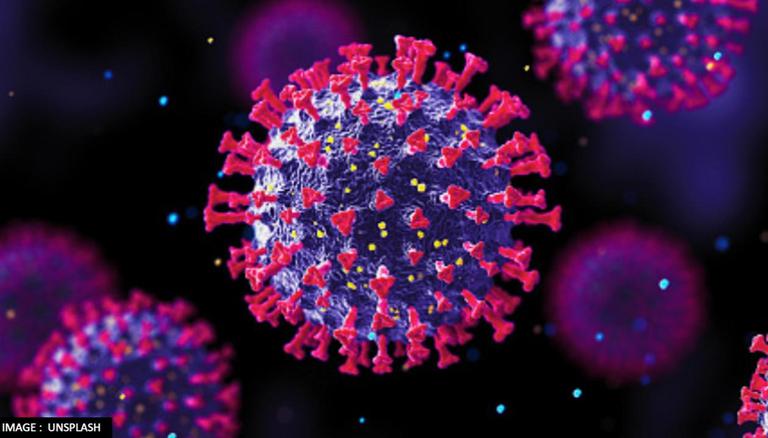
Omicron has seen the number of positive COVID-19 cases surge in recent times.
Following the confirmation of three cases of the Omicron COVID-19 variant in persons who had travel history to South Africa by the Nigerian Center for Disease Control (NCDC) few weeks ago, Nigeria became the first country in West Africa to detect the variant after it was discovered in South Africa on the 24th of November. The Omicron variant is the latest in line after the earlier Alpha, Beta and Delta variants of the COVID-19 virus.
On the advice of the WHO’s Technical Advisory Group on Virus Evolution (TAG-VE), the Omicron variant, previously identified as B.1.1.529 was designated as a ‘variant of concern’ for various reasons. Perhaps the most interesting of these reasons is that the omicron variant possesses about 32 different mutations in the spike protein. This is the largest number of mutations ever to be found in a variant of COVID-19 and some samples even detected about 50 mutations. Despite how concerning this information sounds, the exact implications are yet to be confirmed by the World Health Organization. While some studies state that people infected by the virus will experience severe tiredness among other symptoms, the World Health Organization stated on its website that studies are still being carried out which conduct assessments of the variant’s transmissibility, severity of infection (including symptoms), performance of vaccines and diagnostic tests and effectiveness of treatments. The body also urged nations to contribute to the collection and sharing of hospitalized patient data to facilitate these studies.
Nevertheless, the impact of the new variants is already being felt around the world. It has been detected in 89 countries so far including Ghana, Unite Kingdom, United States, India, Japan and Canada. In South Africa alone, the average daily infections rose from pre-omicron figures of 200-300 to 500, 8500 and to the latest figure of 11,500 since the discovery of the new variant. Because of growing concerns around the highly infectious nature of the new variant, several countries have updated their travel ban policies and began to implement them. Travelers from Nigeria, in that light, were initially banned from entering Canada after 5 out of the 7 cases of Omicron in Canada were found to have travel histories to and from Nigeria.
A lot of questions have also arisen about the implication of the spread of the new omicron variant on vaccination and vaccination policies around the world, especially given that some of the cases of the new variant involve fully vaccinated individuals. In this light, Stephane Bancel, the CEO of Moderna (which is a vaccine-manufacturing company) during a recent CNN Global Town Hall declared that the vaccine might become less effective with the new omicron Variant. In a later interview, however, the president of the company – Stephen Hoge – said that Bancel’s choice of words may ‘not have been optimal’. He gave some reassurance on the continued efficacy of the vaccine and announced the possibility of the production of a new booster to keep up with the new mutation.
In the meantime, people have been urged to continue getting vaccinated and to keep maintaining the existing COVID-19 preventive measures such as physical distancing, wearing of masks and avoidance of crowded venues.

 Trump Warns Putin Of Tariffs Over Ukraine War
Trump Warns Putin Of Tariffs Over Ukraine War  Peter Obi Condemns National Assembly’s Vote On State Of Emergency In Rivers State
Peter Obi Condemns National Assembly’s Vote On State Of Emergency In Rivers State  Pornographic Actor Anna Polly Falls And Dies From Hotel Balcony While Filming
Pornographic Actor Anna Polly Falls And Dies From Hotel Balcony While Filming  NYSC Members Set To Receive Monthly Allowance Of 77,000 From March
NYSC Members Set To Receive Monthly Allowance Of 77,000 From March  Why Trump Kicked Ukrainian President Zelenskyy Out Of The White House
Why Trump Kicked Ukrainian President Zelenskyy Out Of The White House  Zoe Saldaña Is The First Dominican-American To Win An Oscar; See All The Winners
Zoe Saldaña Is The First Dominican-American To Win An Oscar; See All The Winners  Commercial Motorbike Rider Fatally Stabbed By Wife Over Financial Dispute
Commercial Motorbike Rider Fatally Stabbed By Wife Over Financial Dispute